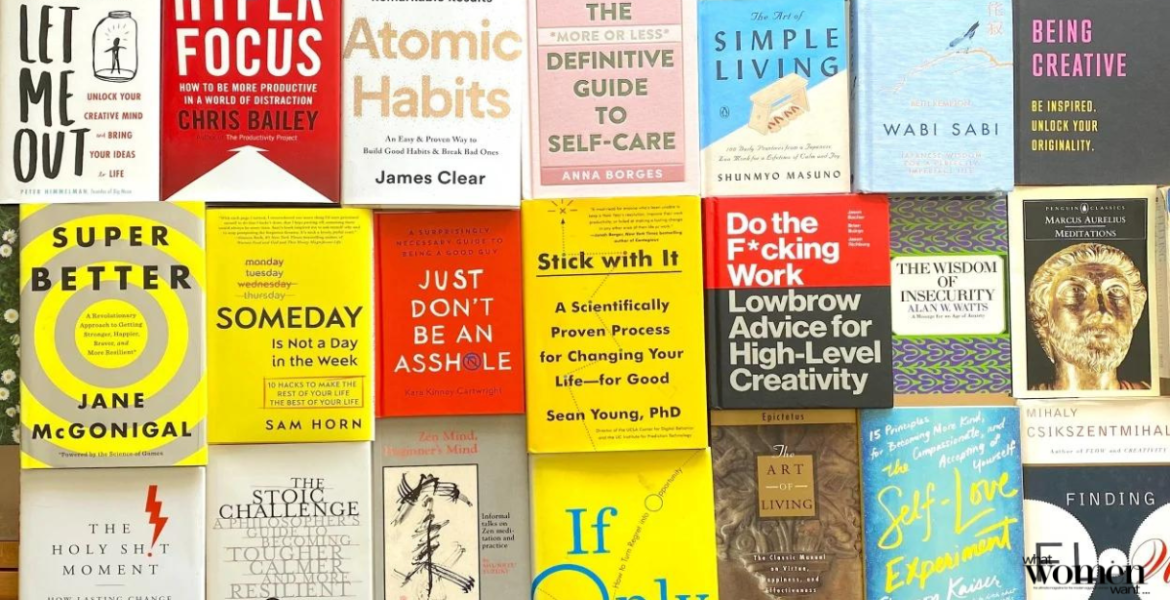In an age where personal growth and self-improvement are buzzwords plastered across social media feeds and bookstore shelves, self-help books are everywhere. They promise transformation. They offer solutions to everything from boosting productivity to finding inner peace. But amidst the avalanche of titles and promises, a question arises: Are self-help books really that helpful?
The allure of self-help books lies in their potential to empower individuals to take charge of their lives. They explain complex psychological theories and practical advice into digestible nuggets of wisdom. They make them accessible to anyone willing to pick them up. From classics like Dale Carnegie’s “How to Win Friends and Influence People” to contemporary bestsellers like James Clear’s ” Atomic Habits,” these books tap into universal desires for success, happiness, and fulfillment.
But, their effectiveness is not without skepticism. Critics argue that self-help books oversimplify complex issues. They attempt to offer one-size-fits-all solutions to deeply personal problems. They question the credibility of authors who may lack professional qualifications or evidence to support their claims. The sheer volume of contradictory advice can confuse rather than clarify.
Yet, dismissing self-help books entirely would overlook their undeniable impact. Many readers attest to life-changing experiences, improved relationships, and enhanced well-being. These books can serve as a starting point for individuals to reflect on their habits, beliefs, and aspirations.
The key to maximizing the benefits of self-help books lies in approaching them with a discerning mindset. Rather than expecting a quick-fix solution, readers should view them as tools for personal exploration and growth. Critical engagement involves evaluating advice in the context of one’s own experiences and values, integrating what resonates while acknowledging limitations.
Moreover, the landscape of self-help literature is evolving. Authors increasingly draw from scientific research and therapeutic practices, grounding their advice in evidence-based principles. This shift enhances credibility and reinforces the potential for meaningful impact.
Ultimately, the value of self-help books lies in their ability to inspire and empower individuals on their personal journeys. They offer frameworks, strategies, and perspectives that can complement professional guidance and personal reflection. While not a panacea, they represent a valuable resource for those seeking to navigate life’s challenges and pursue meaningful change.
As readers, our responsibility lies in approaching self-help books with a critical eye, leveraging their insights while recognizing their limitations. By doing so, we can harness their potential to cultivate self-awareness, resilience, and a deeper understanding of ourselves and others.
In conclusion, while self-help books may not hold all the answers, their impact is undeniable for many individuals striving for personal growth and fulfillment. Their effectiveness hinges on how they are utilized and integrated into our lives, making them a potent force in the ongoing pursuit of self-improvement.

